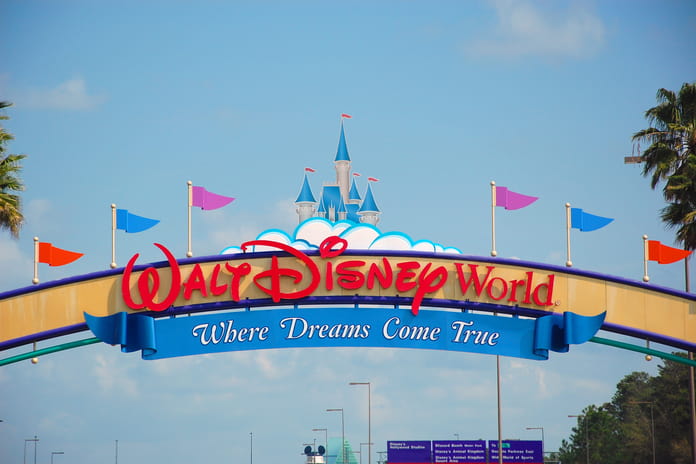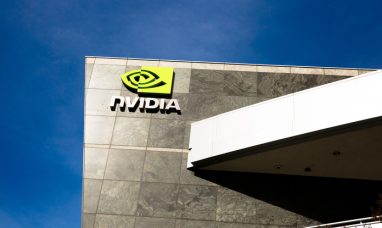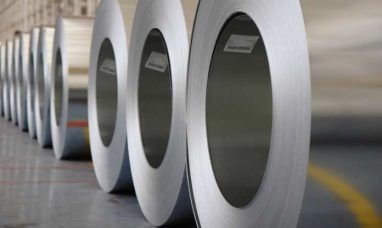The market was pleased with Disney’s (NYSE:DIS) earnings beat. Making the market pleased, on the other hand, is all about controlling market expectations. The market often reacts to a “beat” or a “miss” that isn’t all that important in the long run. In this scenario, regardless of what the market believed, the company’s recovery from the fiscal year 2020 shutdowns and the aftereffects ensured a favorable profit comparison. A big flaw would have been required for an unfavorable comparison.
Long term, however, stockholders are interested in how the corporation will handle the continuous loss of traditional operations in conjunction with new methods of acquiring news and entertainment. The best answer here is that the company, like many others, is waiting for consumers’ answers. Perhaps Mr. Market would want something more specific. Mr. Market, on the other hand, would flee if that certain answer was inaccurate. It is thus feasible that keeping one’s options open is the best solution at this moment.
The streaming market, in particular, is relatively new and has little history. As a result, the future possibilities are limitless. In my perspective, something similar to cable with large television bundles will eventually exist in streaming. I believe we are seeing the start of this now. However, for the time being, traditional television and cable are regarded as legacy services in decline.
Third Quarter Results
With these factors in mind, Disney had a solid recovery quarter. Earnings came out on top. However, management stated that money was still being spent on the shutdown period’s ramp-up. As a result, there was an indication that free cash flow was nothing near what it should be. The free cash flow did improve (as management defines it). However, management expects significantly greater results in the future.
Nonetheless, the cash flow statement showed management was starting to repay debt using the large cash balance. That should imply some optimism for the future, which was undoubtedly lacking during the closure.
Because of the unknowns at the time of the coronavirus demand destruction, several enterprises increased their cash balance by increasing debt. Some firms, such as Disney, are now gingerly beginning to unwind from the situation while maintaining a wary eye on the future. China, for example, is not done with shutdowns. As a result, management is treading carefully when bringing cash and debt to “normal levels.”
Disney Streaming
Disney announced significantly more solid streaming growth figures. It also revealed a significant loss for the division.
Fast progress comes at a cost. The matter appears to be being handled by management. Some people forget that pioneers like Netflix also made an early investment in the firm. The company seems to be well-established enough that management is now comfortable raising the income. It remains to be seen how effectively this works. However, one of the benefits of following a pioneer into a new industry is that much of the initial guesswork is now more certain. Market testing is easier and more predictable when the first company tries that business.
Another factor to consider is that after the ramp-up, Disney will have the cash earned by other divisions to help develop the streaming company. A well-established corporation like Disney will generally earn billions of dollars in free cash flow (notice that the last few years have been anything from typical), whereas Netflix does not.
Another View
In addition, a factor in the discussion emerged in Warner Bros. Discovery’s (WBD) second-quarter management discussion: “Our objective was to be not only one of the top global streaming companies, but also a media company capable of driving financial returns by distributing our content on every platform, and our conviction has not changed.”
The comment above from David Zaslav, President and CEO, is a unique perspective on the purpose and strategy of streaming. Streaming, he sees, is a distribution tool analogous to a television set. So, as long as a delivery system functions properly, he is adaptable enough to desire to be one of the top entities for that delivery system. However, he is adaptable enough to recognize that these systems come and go. As a result, it is preferable to consider it as a single vehicle rather than streaming being “the way to go” in the future, allowing other possibilities to be overlooked until it is too late.
Buildings may or may not be replaced in the future. But the trick is to be adaptable to maximize its benefits alongside all of the other approaches retail uses to sell items (as opposed to internet selling or bust type attitude). This is analogous to perceiving Amazon (AMZN) as another sales channel for the retail company to use alongside buildings.
The Future
Disney had a largely successful recovery quarter. Mr. Market has displayed the customary positive overreaction. As a result, the earnings announcement news reaction will likely retrace shortly.
However, Disney executives aim to do more than simply recoup from the fiscal year 2020 issues. Perhaps the company’s streaming future has yet to be defined how Warner Brothers Discovery management has defined it. However, this can benefit because management has given some leeway to deal with an uncertain future.
To thrive, any firm must constantly change. Disney has certain legacy industries that will either cease to exist or operate very differently in the future. It is also obvious that this company has some incredible assets that build a competitive moat to lessen the future risk that other competitors do not have.
Featured Image: Megapixl © Szilkov

















